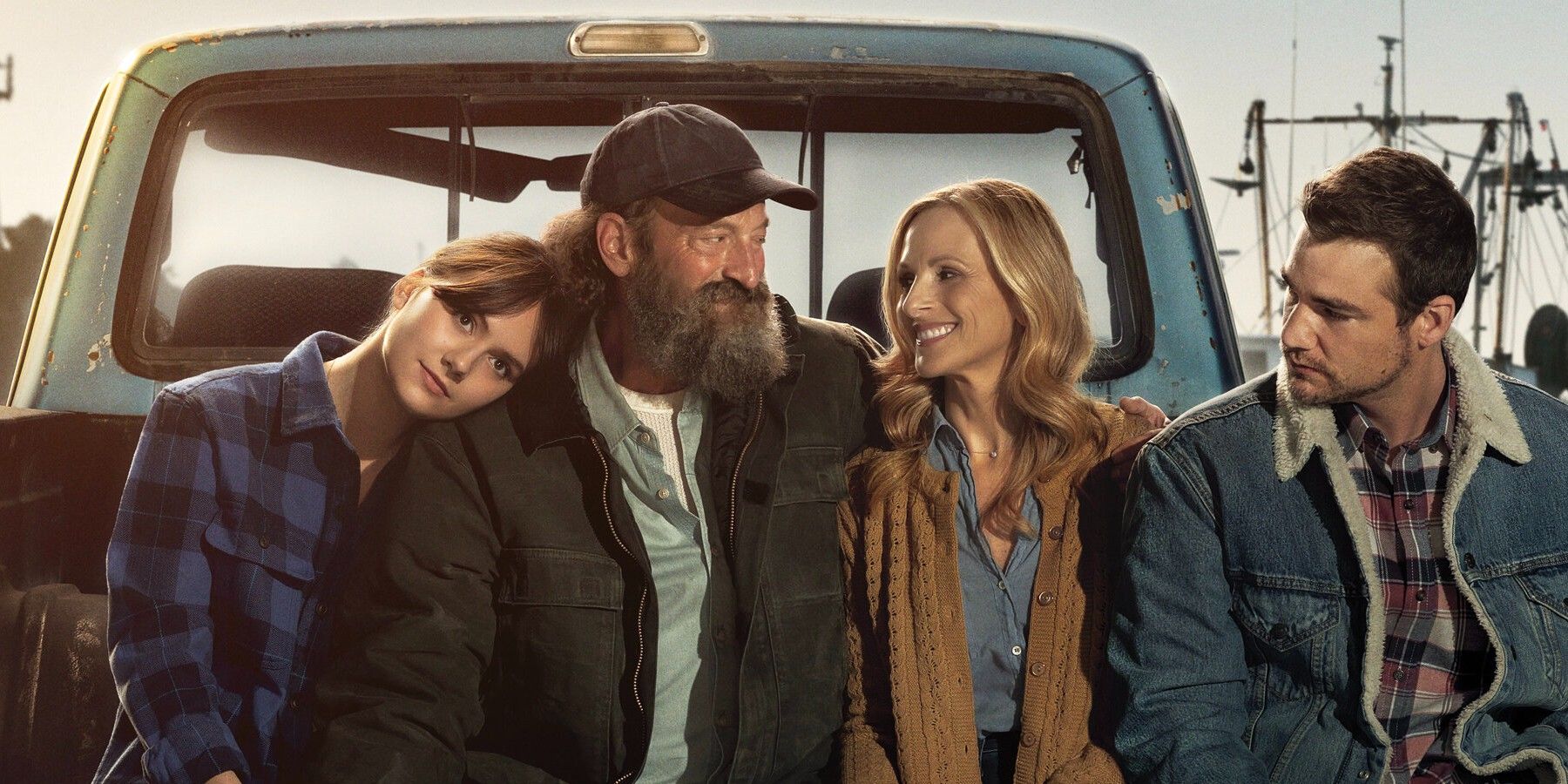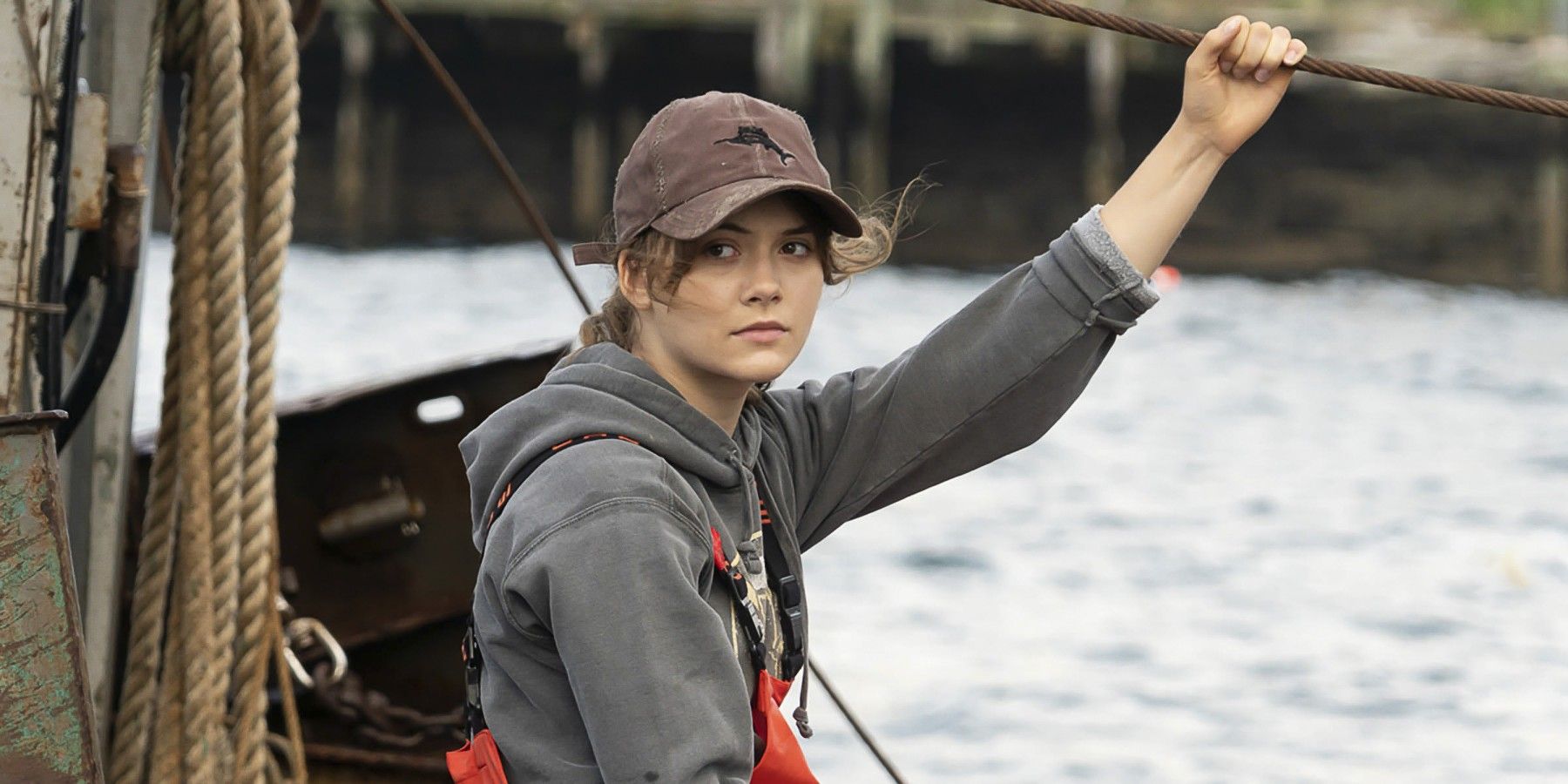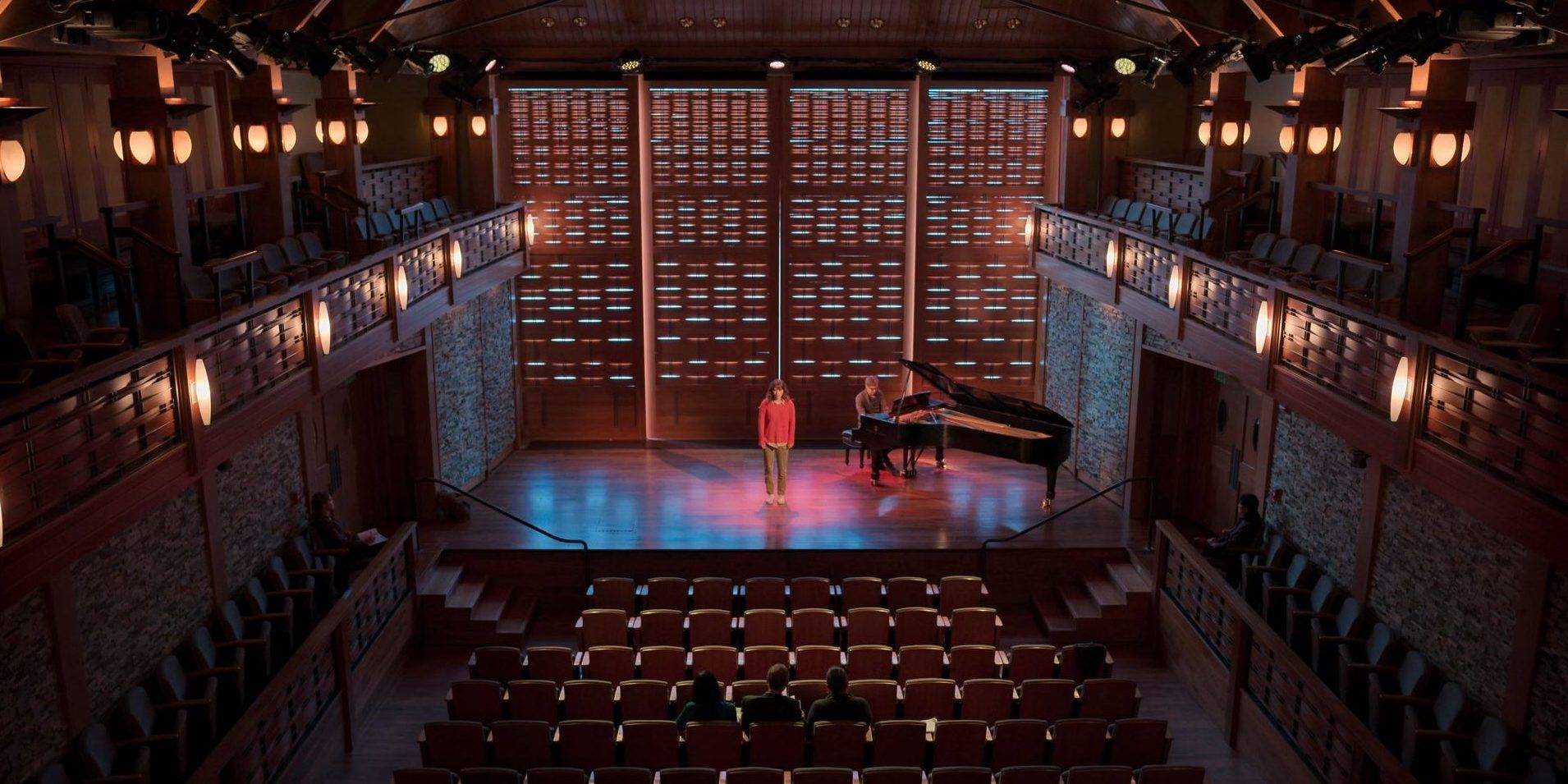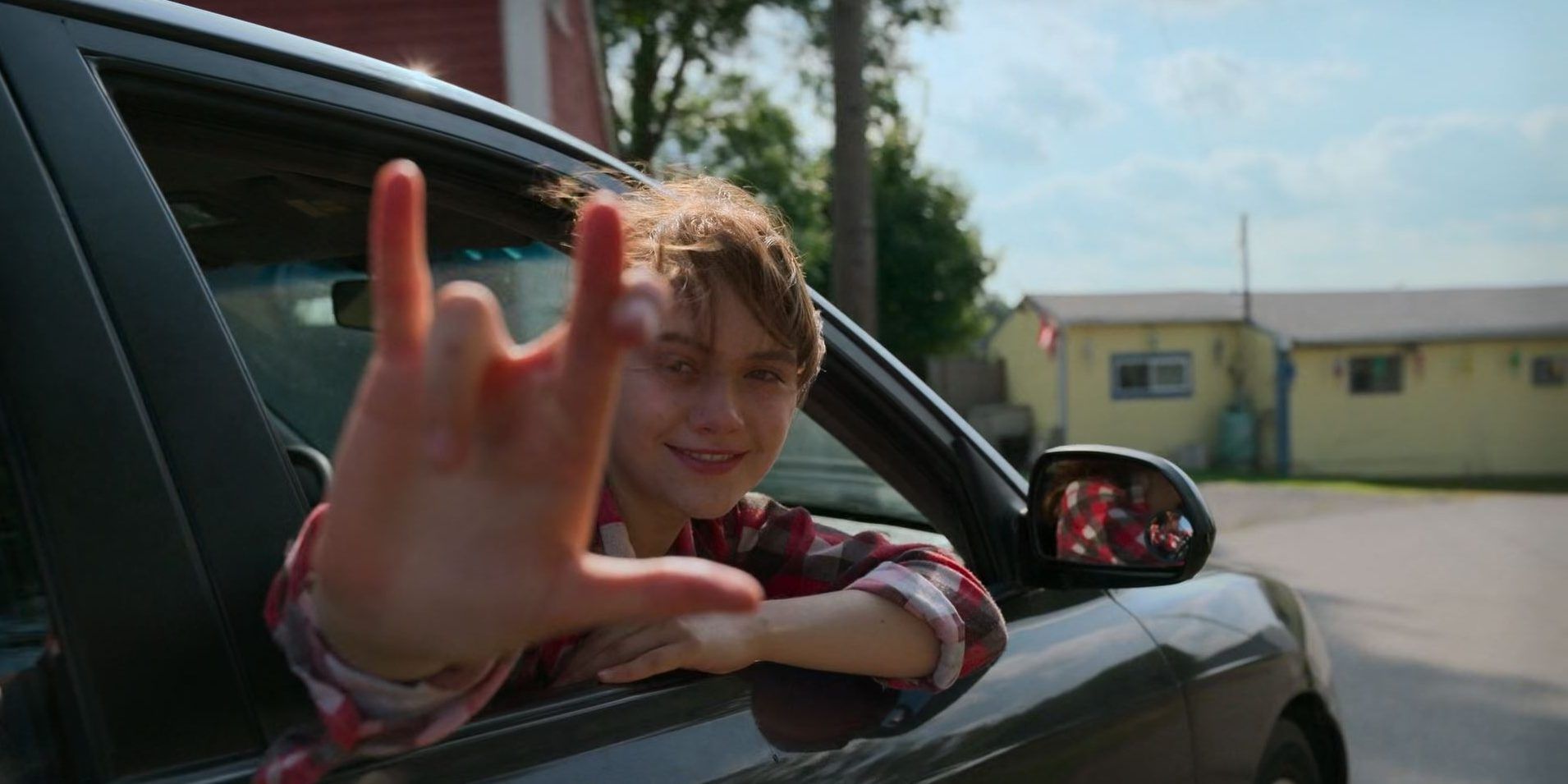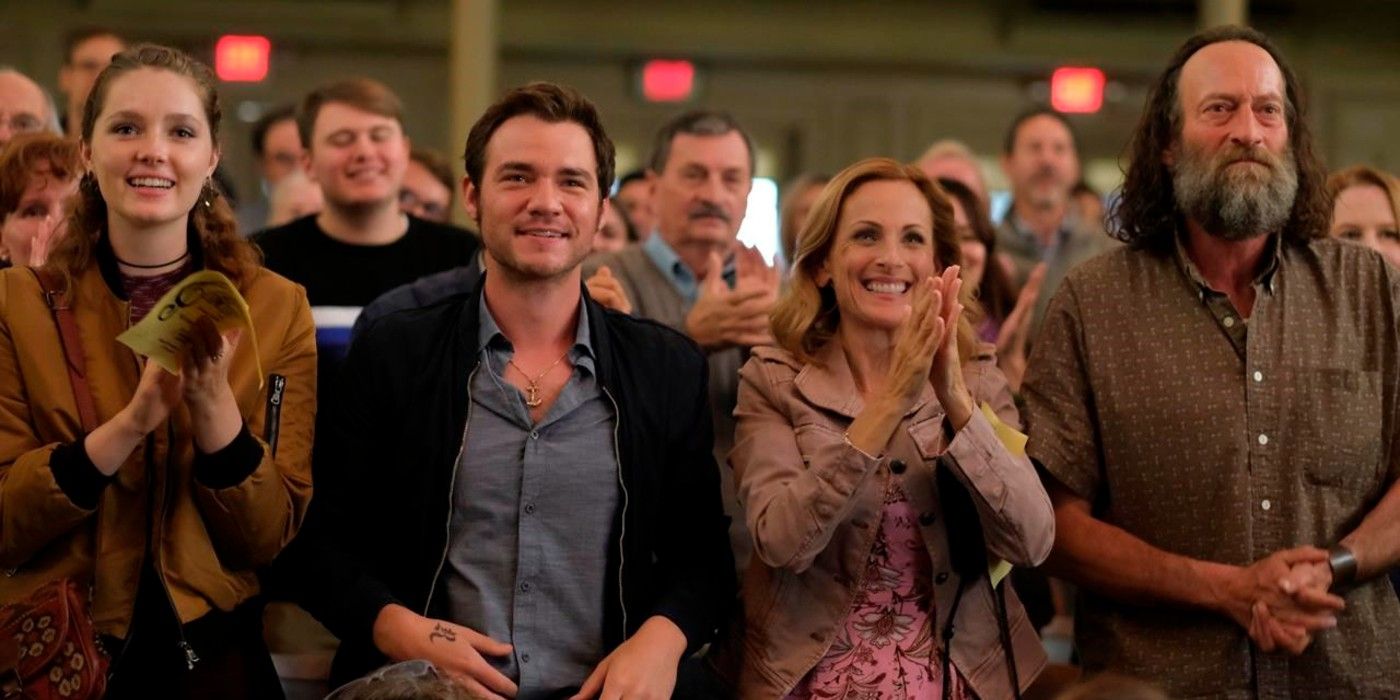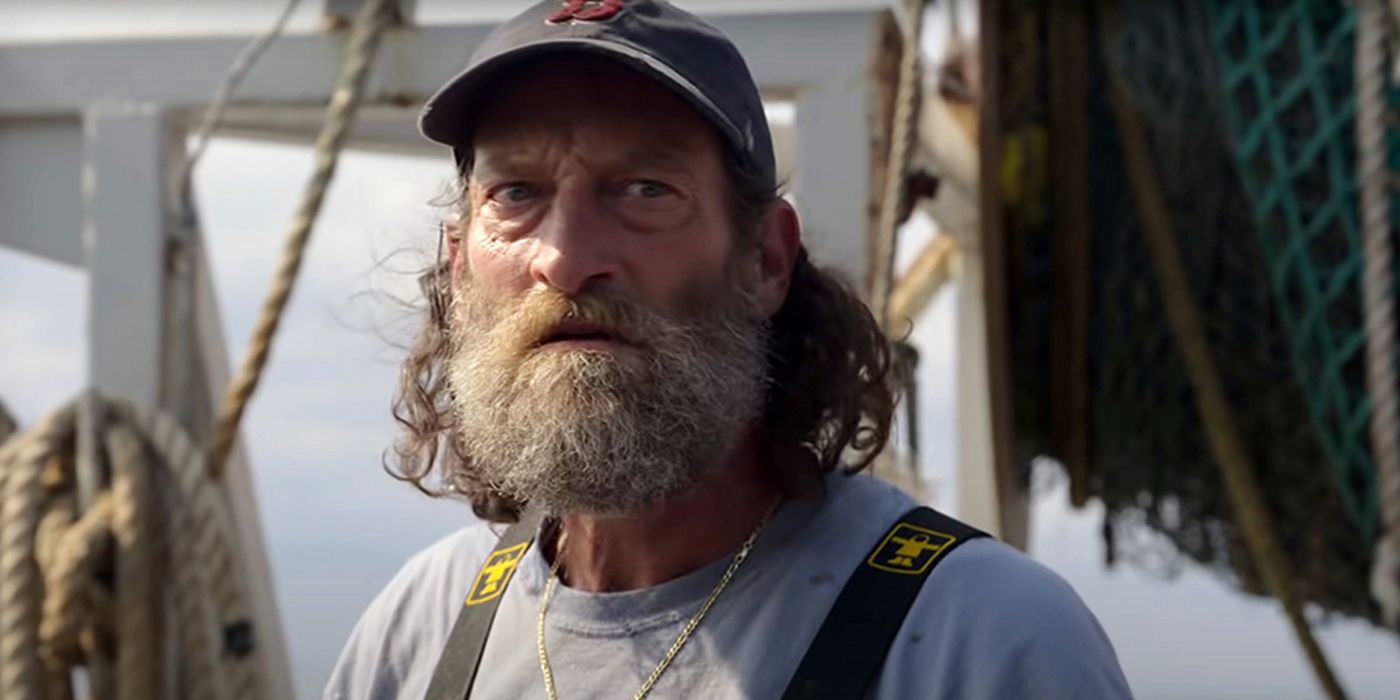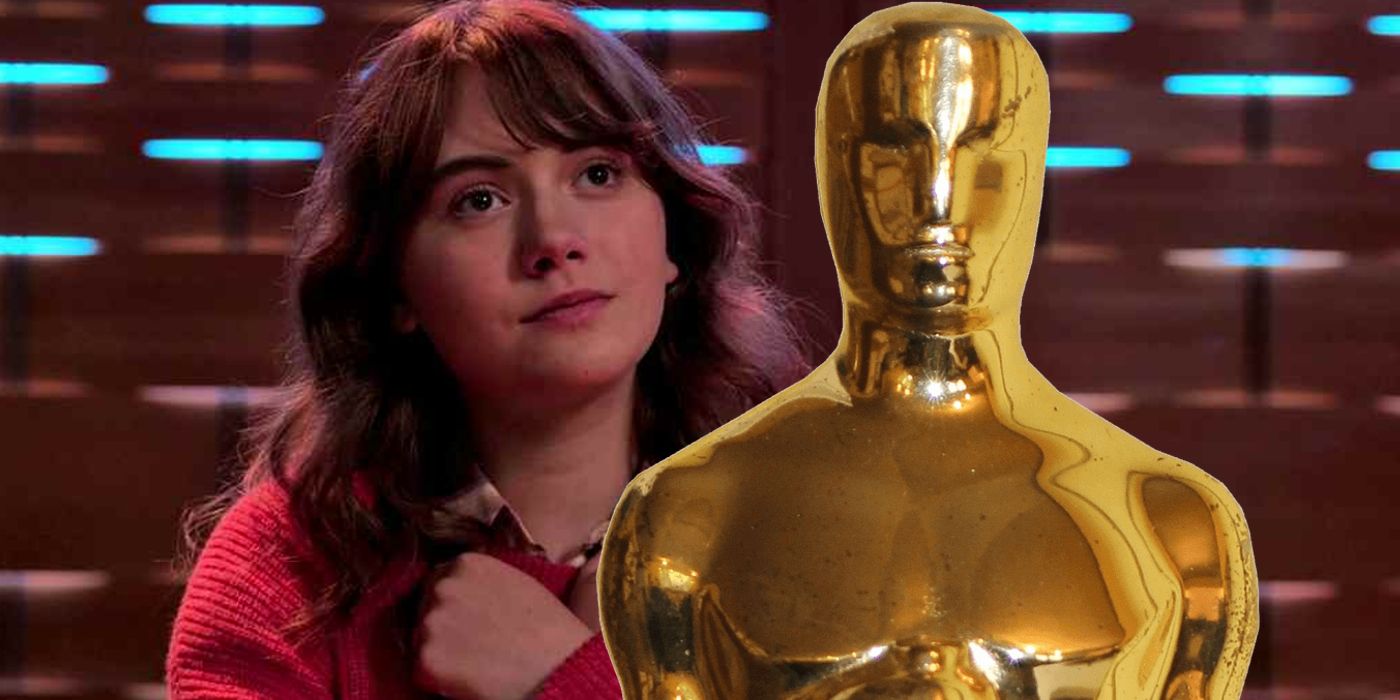Sian Heder's movie CODA (an acronym for Child of Deaf Adults) has drawn major critical praise and awards, including three Oscars for Best Picture, Best Adapted Screenplay, and Best Supporting Actor – and its resonant ending is a major reason why. CODA's cast of characters stars Emilia Jones as Ruby Rossi, the only hearing member of a Deaf fishing family. Ruby's need to support her family comes into conflict with her desire to pursue her musical passion, leading to an emotional ending.
After objecting to the need to pay for their own inspectors, Ruby's father Frank (played by Academy Award-winner Troy Kotsur) and brother Leo leave their employer to start their own fishing company. Without the money to hire a hearing employee, they rely on Ruby for interacting with the outside world. This causes Ruby's attendance at her choir practices to suffer, jeopardizing her goal of getting into Berklee Music Academy. After her absence on the boat leads to legal trouble, Ruby considers staying with her family instead of going to college, but ultimately gets into Berklee and fulfills her dream.
Like Lulu Wang's movie The Farewell, CODA was a breakout hit at the Sundance Film Festival, winning four awards. Critics also liked the film, with CODA receiving a 96 percent approval rating on Rotten Tomatoes and a score of 74 on Metacritic. AppleTV+ acquired CODA for a Sundance record-breaking $25 million and began streaming it on August 13. CODA's successful run was then capped off with three Academy Awards at the 2022 Oscars, including Best Picture. The movie's affecting ending could be one of the major reasons behind its positive reception.
Why Leo Wants Ruby To Go To Berklee & The Family's Future
As CODA enters its final act, Ruby seems resigned to helping her family with their fishing business for the foreseeable future. However, her family is struck by watching her perform at the choir's recital, where she is showcased in a duet with her love interest Miles. The choir plotline hits similar notes to "singing teenagers" stories like Glee and High School Musical, with the former even being name-checked, but has a more down-to-earth atmosphere.
Leo ultimately encourages his sister to go to Berklee so that she will have a chance to pursue her passion. He is willing to sacrifice the security of having a readily available interpreter and engage more with the hearing world in order to provide his sister with an opportunity. The siblings' father Frank also comes around to this position, "listening" to Ruby sing by feeling her throat. Ruby's family rejects her sacrifice and drives her to the audition, despite her being unprepared.
CODA’s Movie-Ending Song Explained: What Joni Mitchell's "Both Sides Now" Means
Ruby arrives at the Berklee audition without fancy clothes or sheet music, a marked contrast to the more well-heeled auditioners around her. She sings "Both Sides Now", a song first recorded by Joni Mitchell that has famously been used in the movie Love, Actually during a crucial Emma Thompson scene as well as in the sixth-season finale of Mad Men. Ruby is shown practicing the song throughout CODA, and nails it in the audition.
The choice of "Both Sides Now" also has symbolic meaning for Ruby's character arc. The narrator of the song describes seeing both the positive and negative sides of clouds, which are symbolic of the troubles and difficulties that come with life -- hence the change in the concluding chorus to "I'm seeing life from both sides now." In CODA, these "clouds" represent the difficulties faced by Ruby as the child of Deaf parents. But because of the support her family has given her, Ruby is able to see that her situation also has a positive side.
What Ruby's Final Sign To Her Family Means
Best Picture winner CODA uses American Sign Language frequently as its Deaf characters communicate with each other and their loved ones, and the movie ends on one final sign. Ruby gets into Berklee and celebrates with her teacher and family. This involves moving away from home. She has a tearful farewell with the rest of her family and, as she is driving away, returns a sign that they are already giving her.
The sign Ruby makes means "I love you", combining the ASL symbols for I, L, and Y. The symbol is used in both romantic and platonic contexts and has become a supportive symbol of Deaf culture. Similar to fellow AppleTV+ title Ted Lasso, CODA leaves the viewer with loads of positive emotions, with Ruby reaffirming her connection with her family even as she moves on to the next stage in her life. Ruby crosses her middle finger over when making the sign, adding a unique intensifier to the message.
The True Meaning of CODA
CODA is a coming-of-age story about the necessity of breaking the bonds of codependency that can exist in a family. Despite being initially nervous about singing, Ruby feels a need to go to Berklee to become more than an assistant and interpreter to her parents and brother. Her parents and brother are then faced with the task of re-learning how to communicate with the outside world. In addition to being a story about Deafness, then, CODA is also a true-to-life story about relationships and growth at its most fundamental level.
What CODA Means For The Deaf Community
CODA has been the subject of much discussion for its depiction of Deaf characters. The title is an abbreviation for Child of Deaf Adults, a term often used in Deaf culture, and all of Ruby's family members are played by Deaf actors. Like the Riz-Ahmed-starring Sound of Metal, CODA features a grounded and sympathetic portrayal of Deaf culture. However, some Deaf commentators like Jenna Beacom have criticized the film for relying on the narrative of disabled people being a burden on their family members, and for including many little inaccuracies that pile up into a larger issue.
Deaf culture and issues are becoming more prominent in American culture, with the Marvel's Hawkeye show dealing with Deafness and disability (as does the upcoming Echo). CODA contributes to this ongoing conversation by providing a candid and relatable depiction of a Deaf family. In this way, it marks some good progress, but it also highlights the further work that needs to be done in representing Deafness onscreen, and in extending representation to the production crew as well as the cast.
CODA does highlight how interpretation can often be inaccessible to working-class Deaf people, and that this can create ripple effects on the people in their lives. Likewise, its realism helps to demystify and destigmatize Deafness, which marks a representation victory for 2022's Oscar season. Much is left unresolved at the end of CODA. It still seems shaky whether the Rossis' fishing business will survive, or whether Ruby's relationship with Miles, who didn't get into Berklee, will last. But this uncertainty is the point: Ruby cannot wait for the perfect situation to leave her family; she has to take a chance and follow her own path.
Why CODA Deserves Its Oscars
Despite the ways in which CODA's representation of Deafness could be better, the film seems to have earned its three Oscars through and through. Certainly, Troy Kotsur's performance, which is full of humor, heart, and authenticity, is deserving of recognition. It also happens to be history-making, as he's the first Deaf man to win an Academy Award for acting. While Kotsur's merit as an actor stands for itself, this fact also gives the win a significant and even broader reach. Likewise, CODA's Best Picture win has raised awareness around Deaf culture, which opens doors to better accessibility and deeper understanding. And of course, beyond this, it's simply a heartwarming and well-made film.
Perhaps most significantly, CODA's Academy Award for Best Adapted Screenplay is incredibly fitting. It's based on a French film, La Famille Bélier, which follows a similar storyline but is significantly less sensitive in representing Deafness. Thus, CODA's recognition at the 2022 Oscars rightfully elevates it as a good step forward in portraying Deaf culture onscreen, progress which will hopefully continue with even more thoughtfully executed films in the future.

